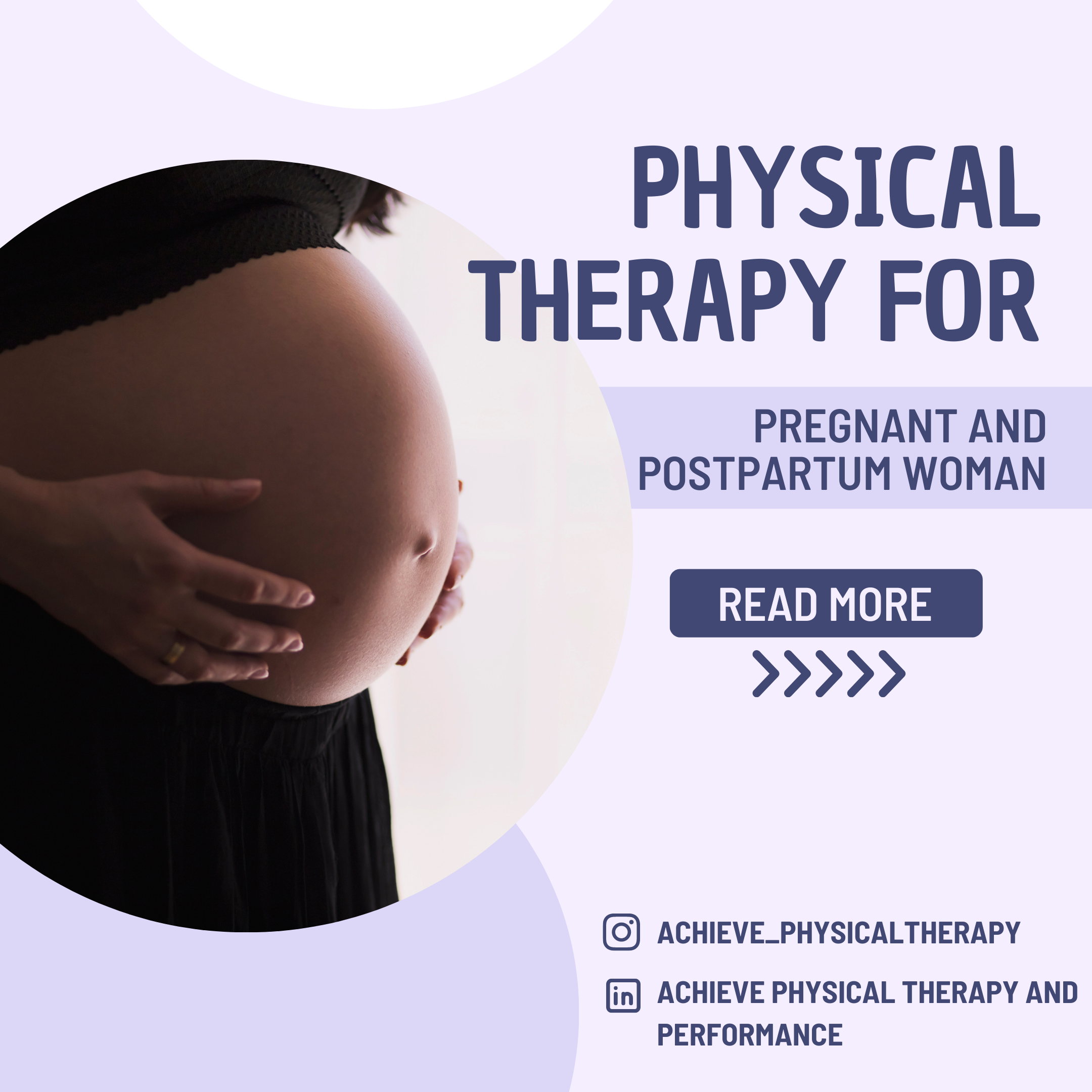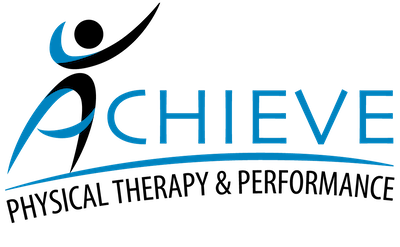
Although pregnancy is a wonderful process, women endure many physiological changes as a result of the process. These physiological changes may include an intense physical strain that may result in aches and pains in certain parts of the body.
Physical therapy is typically associated with those who have sustained serious injuries from an accident. However, they can also assist other patients. Proper therapy can be a great approach for pregnant mothers to relieve common aches and pains and to better prepare them for a smoother labor and delivery process.
If you’re pregnant, don’t wait to seek care until the pain or other issues associated with pregnancy become intolerable.
Physical Therapy for Pregnancy
Here are a few reasons to consider physical therapy when pregnant.
-
Relieves lower back pain.
The development of a new life inside a pregnant woman forces the women’s body to change. During pregnancy, one may experience discomfort or pain. As the baby is growing, the women’s center of gravity shifts, making it difficult for her to balance, especially while standing.
Pregnancy will most likely alter the posture of a women’s spine, which could put stress on her back, shoulders, and neck muscles. Many pregnant women may develop lower back pain and/or SI pain if these changes are left untreated. A recent study has shown that physical therapy has significantly helped pregnant women with lower back or SI pain. Physical therapy throughout the prenatal stages help manage these new aches and pains, enhancing the quality of the women’s life.
-
You will be shown the right choice of exercises.
Women may experience difficulties with posture, muscle strength, weight gain, joint and spinal alignment, and nerve involvement during pregnancy. This could eventually lead to stress and fatigue, as well as a decreased desire to engage in any physical activity.
However, our physical therapist suggests specific exercises that increase muscle strength and eases the discomfort both during pregnancy and after birth.
Even better most of these exercises can be performed at home without having to go to a gym. With an improved metabolism and endurance, women are better equipped to lose weight after pregnancy – should they choose to do so.
-
Eases other pregnancy complications.
There are hormones that are released into the body during pregnancy that help pregnant women adapt to their new reality. As these changes continue, women may frequently experience additional problems like nausea, heartburn, abdominal pain, and urinary problems, as well as musculoskeletal problems. Urinary issues involve difficulty to regulate the bladder due to the stretched pelvic floor muscles.
The right sleeping posture and a quality mattress can help with easing pregnancy aches and pains. Many experts advise placing a pillow between your legs and behind your back or investing in a wedge pillow could significantly help. Similarly, if you are having trouble falling asleep, try sleeping in a semi-upright position on a recliner. This will lift the weight off your feet and spine, relieve pressure and pains, and help with back pain. With the help of physical therapy, women can learn pelvic floor exercises, strengthen their muscles, and alleviate many common pregnancy issues, including incontinence.
-
Aids in a smoother labor and delivery
Physical activity can improve strength and flexibility throughout pregnancy and childbirth, if advised otherwise by a physician. A perineal massage may also be recommended by your health care provider as it can improve stretching during labor and reduces the chances of tears within that region while giving birth.
Electromyography (EMG) can also be used by the physical therapist to detect a suitable position that will be more comfortable for a more natural delivery. With proper testing, the biofeedback can provide enough information to guarantee a smooth process without complications.
-
Enables a quicker post-pregnancy recovery.
Like athletes and victims of accidents with severe injuries, women also could benefit from physical therapy to help with a faster recovery after childbirth.
Whether an episiotomy was preformed or not, all women want to quickly and painlessly return to their daily lives after giving birth. With the right treatment and program, women can ease that postpartum pain considerably more quickly. Through strengthening those weakened muscles with selected exercises, you can live and enjoy a healthier and happier life.
To find out more about how we can assist expectant mothers, find a therapist near you or request an appointment.
